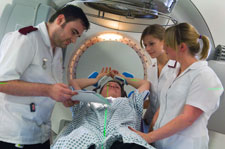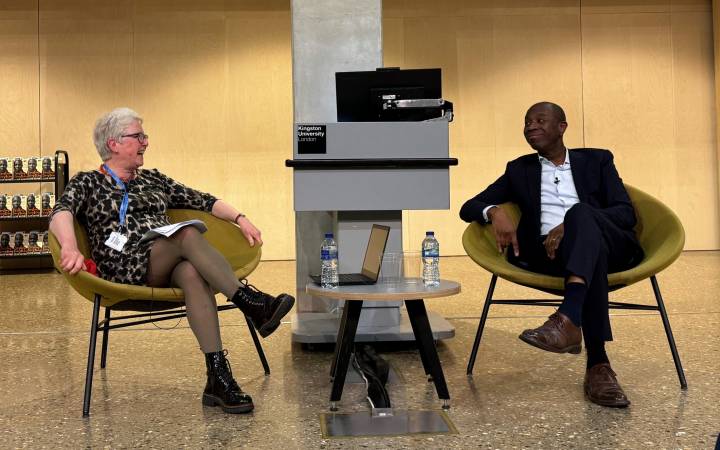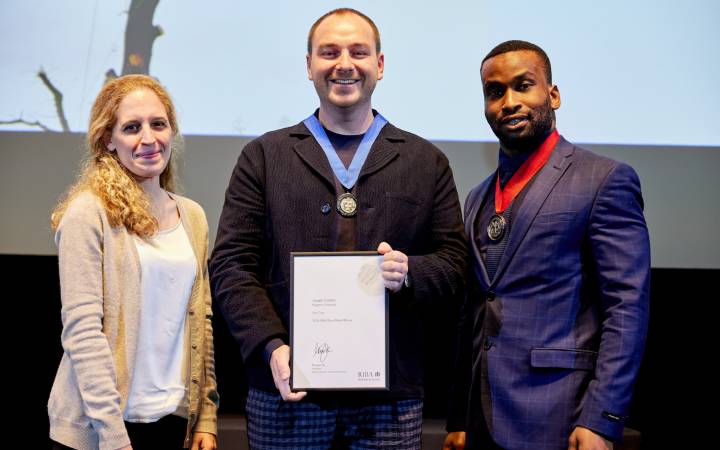Top marks for Faculty of Health and Social Care Sciences in NHS London performance ratings
Posted Thursday 23 June 2011
 NHS London has released its latest performance ratings for universities and colleges responisble for training the capital's nurses, midwives and allied health professionals - and the Faculty of Health and Social Care Sciences has received top marks.
NHS London has released its latest performance ratings for universities and colleges responisble for training the capital's nurses, midwives and allied health professionals - and the Faculty of Health and Social Care Sciences has received top marks.
The Faculty, run jointly by Kingston University and St George's, University of London, has performed the best of all higher education institutions in London in therapeutic radiography, children's nursing and learning disability nursing, and came second in physiotherapy.
NHS London has also named the Faculty as the most improved higher education institution overall. It commissions more than £1 billion worth of education and training courses from higher education institutions each year and was the first strategic health authority in England to develop a comprehensive system for assessing their quality.
This is the third year that ratings have been published. They indicate whether courses are fit for purpose and offer value for money, as well as ensuring that students graduating from the programmes have the right skills to deliver the best possible care when they join the capital's workforce. NHS London uses the information as an indicator to support decisions on where to invest in future education.
According to the ratings, all of the education programmes delivered by the Faculty of Health and Social Care Sciences have improved in performance, and all but one have climbed up the rankings. Deputy Chief Executive at NHS London Dr Anne Rainsberry said: "These ratings are an important part of our education commissioning process, helping us to make sure that universities are training the best possible workforce to meet London's future healthcare needs."
 Dean of the Faculty of Health and Social Care Sciences Professor Fiona Ross said: "Enhancing the quality of the student experience cannot be solved with one magic bullet. We start from the principle of valuing the individual, by recognising that our students come from diverse backgrounds. They have a range of different expectations and needs, and may experience various life events during their programmes of study.
Dean of the Faculty of Health and Social Care Sciences Professor Fiona Ross said: "Enhancing the quality of the student experience cannot be solved with one magic bullet. We start from the principle of valuing the individual, by recognising that our students come from diverse backgrounds. They have a range of different expectations and needs, and may experience various life events during their programmes of study.
"We address this diversity by providing personalised support, such as strengthening our personal tutor systems, reviewing and providing essential feedback on academic and practice performance, and offering academic skills support, for example maths drop-in sessions and study skills. We also encourage students to support each other and thereby grow in confidence themselves."
Significant improvements have been made by many universities, who have been supported by NHS London to tackle issues such as attrition, course completion, recruitment and pass rates - all of which contribute to ensuring better value for money and promote an environment that leads to innovation and sharing of best practice.
Contact us
General enquiries:
Journalists only:
- Communications team
Tel: +44 (0)20 8417 3034
Email us



